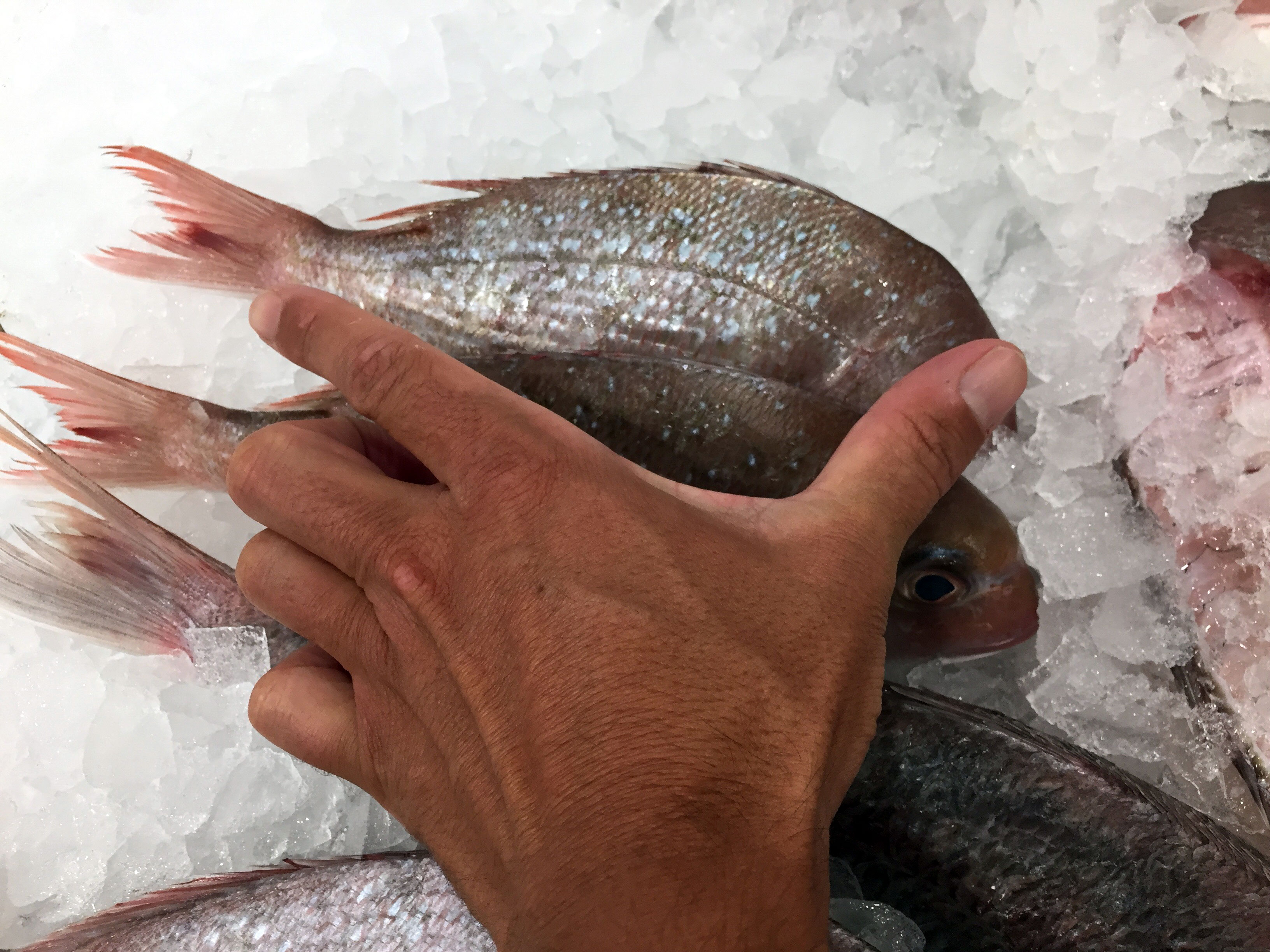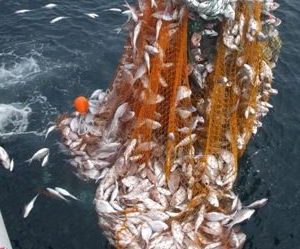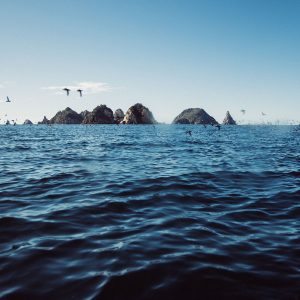In February the Ministry for Primary Industries issued a discussion paper Your fisheries – your say that proposed a range of measures to “simplify” the rules around discarding fish from commercial vessels. These included removing the minimum legal size limits for most species, paving the way for a land-all catch policy for commercial vessels and an increase in commercial quotas. In the words of renown US tennis player John McEnroe, you cannot be serious.

Given the state of our fisheries we must reduce fishing mortality not encourage it. The way to reduce waste from catching and releasing undersize fish is to not catch them in the first place.
The main culprit is inshore bottom trawling which is permitted to operate in known nursery grounds. While juvenile fish range wider than just the preferred inshore areas, most undersize catch is within the 100-metre depth contour and/or inside the 12 nautical mile limit (the Territorial Sea). If we successfully remove bottom trawl effort from this inshore zone it would largely negate the debate around juvenile mortality.
The theory that fishers will avoid landing less valuable small fish by increasing trawl mesh sizes or the new publicly funded Precision Seafood Harvest (PSH) technology doesn’t stack up.
Small fish still get caught and crushed in trawl nets. The unseen injuries and through-net mortality may increase with larger mesh sizes. While PSH nets are known to catch more small fish than conventional nets the advantage was that fish come on board in good condition and small fish would have an improved chance of surviving if released. The combination of PSH in inshore waters and land-all catch will increase juvenile mortality.
LegaSea and the New Zealand Sport Fishing Council worked with a number of organisations to coordinate a comprehensive response to the proposals by the mid-March deadline. We recommended the Minister does not impose a blanket land-all catch policy as this would significantly increase fishing mortality for kingfish and southern bluefin tuna which survive catch and release. It would also be highly unpopular with the public to see commercial fishers landing hundreds of small kingfish while our 75 cm recreational size limit remained. The kingfish stock is one of the few that is doing well under current management settings, why ruin it?
One of the most common issues raised during our campaigns is the inequity around different size limits that apply to recreational and commercial fishing. A land-all catch policy means that even smaller fish will be available for sale and export while a family fishing for a feed must throw back anything undersized.
The Quota Management System was instituted 30 years ago as an economic solution to severely depleted inshore fisheries. Over time quota has been monopolised so any potential economic benefits have been captured by the most rapacious, squeezing the returns for small-time operators who are beholden to these quota landlords.
Removing minimum size limits will not change the incentive for commercial fishers to sort and discard part of their catch for the best economic return.
Ultimately money talks. And that’s why the Minister must reject land-all catch while trawling is prosecuted in our inshore waters.
More info
Fisheries Change programme – Full submission (16 pages)
Our submission in brief – One page summary
Want to help?
If you want to support this ongoing effort please support us.





